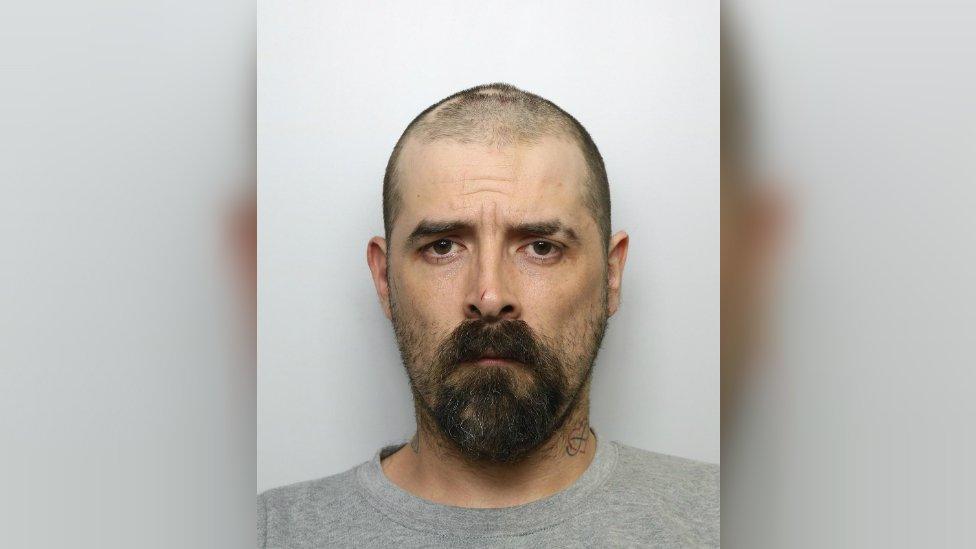Police force 'failed' women who were killed
- Published
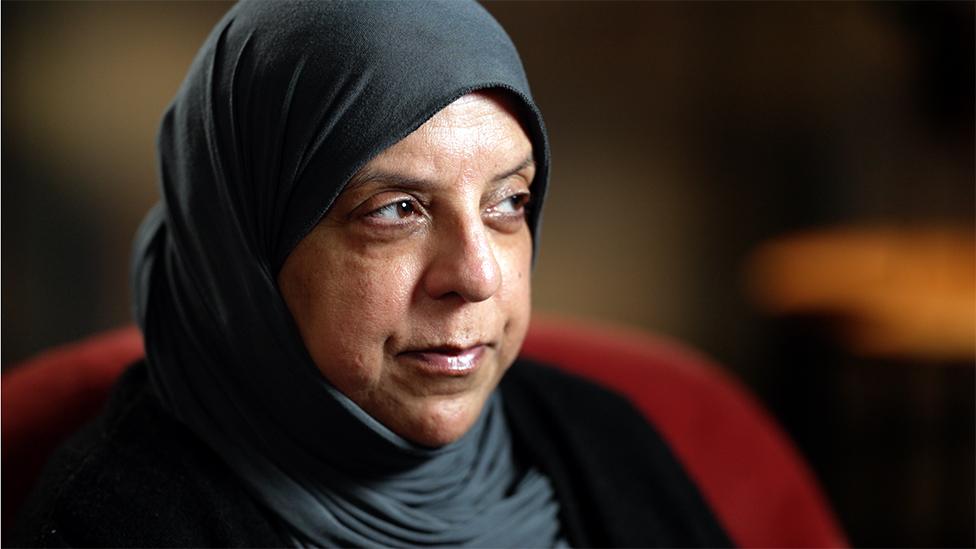
Yasmin Javed's daughter Fawziyah was murdered by her husband, despite reporting him to West Yorkshire Police
West Yorkshire Police has been accused of failing murder and manslaughter victims who had previously sought its help, BBC Newsnight has found.
The force knew of nine women who had fears for their safety, some of whom came to it directly.
One victim's mother told the BBC her daughter had "put her trust, her life" in the hands of West Yorkshire Police.
The force says it has since "implemented recommendations" and has provided training to staff.
All nine women were known to the police and had expressed their safety fears directly to the force or via a third party between 2019 and 2023.
One was killed by a male family member and the rest were killed by a male partner or ex-partner.
Two of the victims' families told BBC Newsnight that they believe the police force could have helped to prevent their loved ones from being killed.
'She came to you for help'
University student Bethany Fields was stabbed to death in Huddersfield in 2019 by her former partner, Paul Crowther, 36.
Transcripts of a phone call Bethany made to West Yorkshire Police, just weeks before her death, reveal she told them that Crowther had made death threats to others and that she believed he should be sectioned.
"The amount of times I have spoken to the police when he has tried killing himself, the amount of death threats he's made to other people, hence you know the harassment report, he should have been sectioned a long time ago."
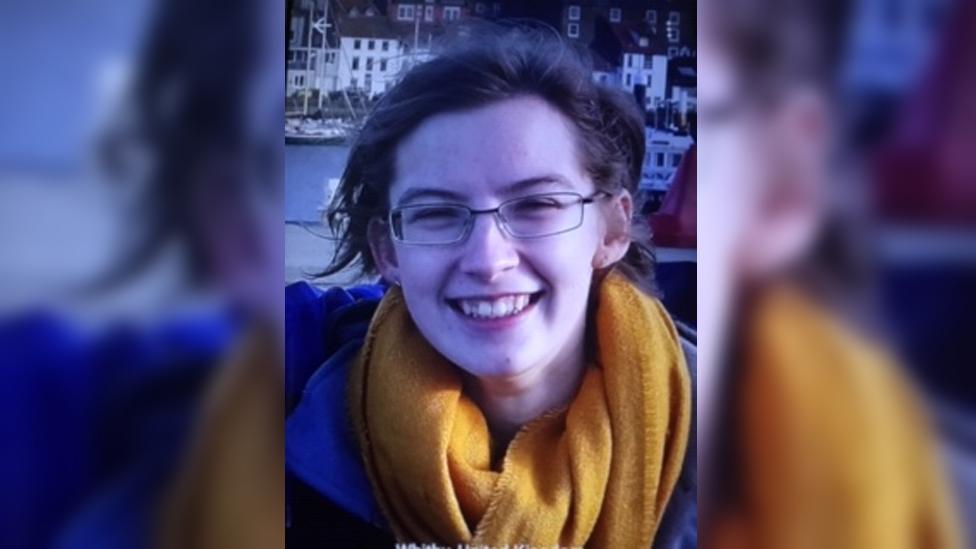
Bethany Fields was killed by her former partner in 2019
A report into Bethany's death reveals she was one of four people to have made complaints to the police about Crowther's threatening behaviour in the month before she was killed.
Crowther had been arrested nine times under the Mental Health Act over the previous seven years, and he was a named suspect in domestic incidents with two previous partners.
Bethany's mother, Pauline Jones, said that when the police broke the news of her daughter's death she knew instantly that the killer was Crowther.
"I said, 'She came to you for help.' And they just put their heads down," she told the BBC.
"I died in that moment… My daughter put her trust, her life in their hands," she said. "As far as I'm concerned West Yorkshire Police failed my daughter."
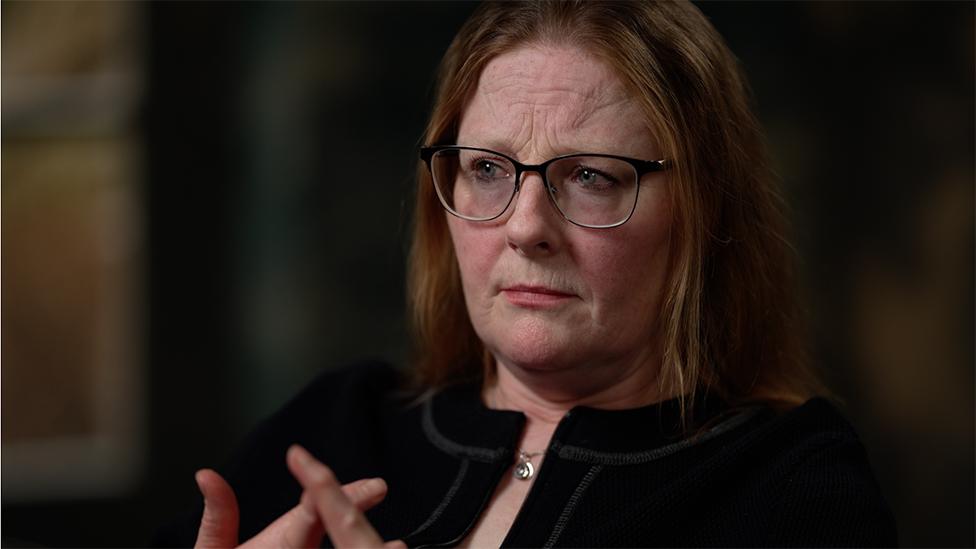
Pauline Jones told West Yorkshire they had failed her daughter Bethany
Following Bethany's murder, the force referred itself to the police watchdog, the Independent Office for Police Conduct (IOPC), which found a number of failings, including staff shortages and a failure to properly use police intelligence "to join the dots".
It also found the force failed to recognise that a serious crime of "stalking and/or coercive control" had potentially been committed, which could have led to an arrest.
Bethany would have been categorised as "high risk" if a risk assessment had been properly completed, according to the IOPC.
The inquiry also found that the officer who had been left to look after the case was a probationary officer, who had only been working without direct supervision for two weeks.
Crowther, 36, admitted to manslaughter by diminished responsibility over Bethany's death, and he was handed a life sentence.
A spokesperson from West Yorkshire Police said that since Bethany's death, the force had "developed and amended its approach to domestic abuse".
'High risk'
Fawziyah Javed died after she was pushed from Arthur's Seat in Edinburgh by her husband, killing her and her unborn child in 2021.
The pregnant mother, 31, had reported domestic abuse to West Yorkshire Police on two occasions prior to her murder.
According to her mother, Fawziyah had told a police officer that she was going to leave her husband, Kashif Anwar.
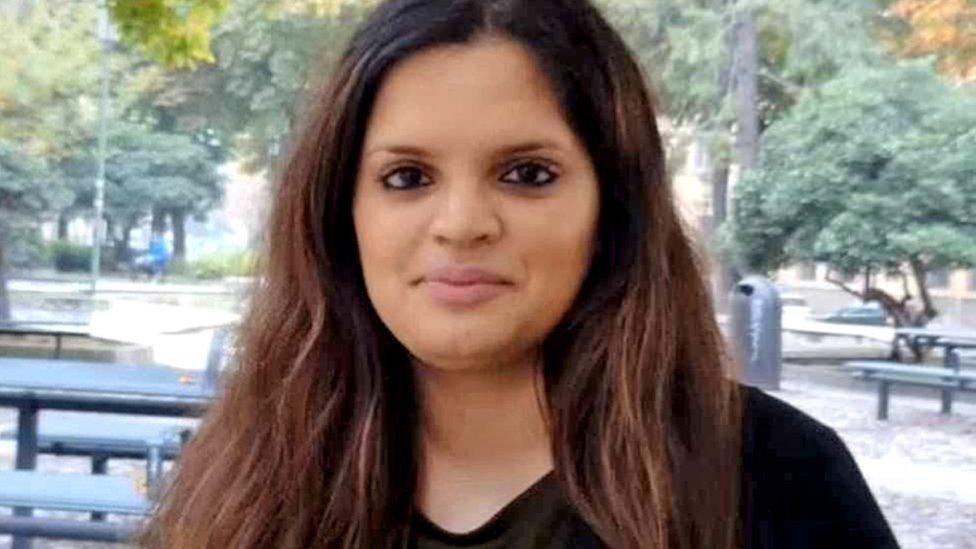
Fawziyah Javed died after she was pushed off Arthur's Seat in Edinburgh by Kashif Anwar in 2021
Speaking to Newsnight, Yasmin Javed said the force did not tell Fawziyah that doing this, and also being pregnant, would categorise her as being at "high risk" of domestic abuse.
Ms Javed said her daughter was "sensible" and would never have gone on the trip to Edinburgh had that information been communicated.
"She would never have put her life and her baby's life at risk," she said.
In April 2023, Anwar was sentenced to a minimum of 20 years in prison for murdering Fawziyah and for causing the death of her unborn child.
"I've lost my only child and her baby in horrific circumstances. That's something you'll never get over," Ms Javed said.
The circumstances prior to the murder of Fawziyah, including the reports of domestic abuse that she made to West Yorkshire Police, are the subject of an ongoing Domestic Homicide Review.
Forensics expert, Prof Jane Monckton-Smith, has advised police forces, including West Yorkshire Police, on domestic violence. She said that the police force had opportunities to prevent the deaths of both Fawziyah and Bethany.
"It wasn't necessarily simply through the safeguarding of those two women, but the management of those two men."
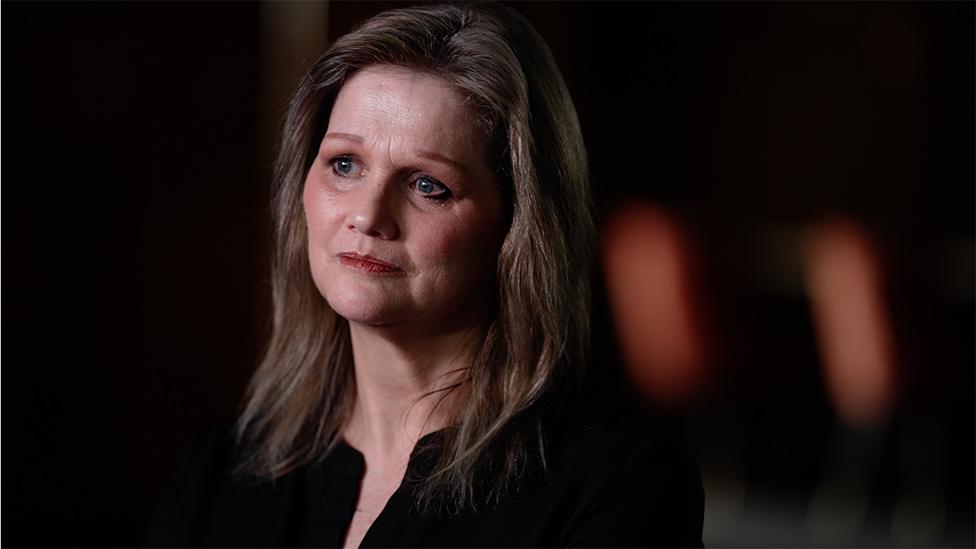
Forensic scientist Prof Jane Monckton-Smith says police may have missed opportunities to prevent killings
She said that it should be a warning sign if someone starts talking about death in response to separation or break-up.
If the police do not use this information to inform risk assessments, she said, there could be "a real problem with the training".
She added that if the risk assessment process itself is not effective, it could actually put that person's partner in more danger.
A West Yorkshire Police spokesperson said its "sympathies go out to the families of Bethany Fields and Fawziyah Javed for the devastating and tragic losses they have suffered".
The force said it had been working with Prof Monckton-Smith in delivering training around domestic homicide, and that during the summer of 2023, 3,250 front line officers and staff had received training in its Domestic Abuse Matters programme.
"We continue to strive to have a clearer understanding of perpetrator offending behaviour and making better use of operational information and intelligence to intervene and reduce this," they added.
Between 2017 and 2021 West Yorkshire Police dealt with 21 cases of domestic homicide, according to a Freedom of Information request.
From March 2020 to March 2022, 67.3% of the 498 cases in England and Wales were female, according to the Office for National Statistics.
- Published22 June 2023
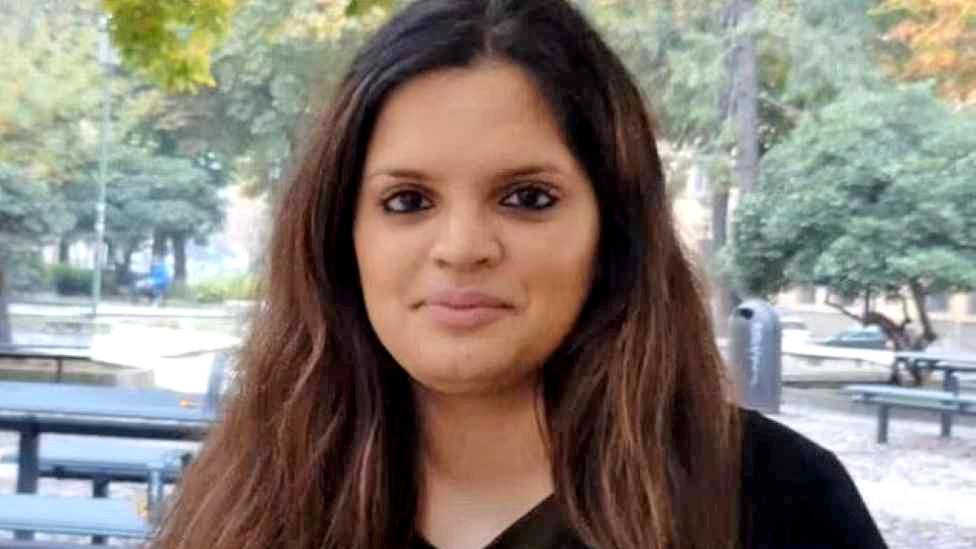
- Published9 September 2020
